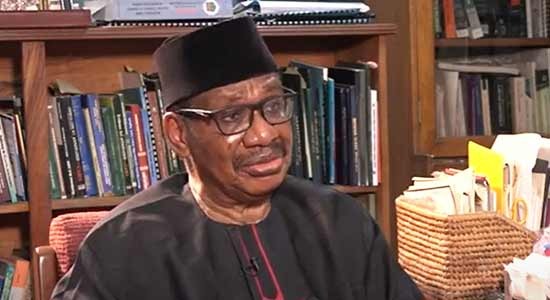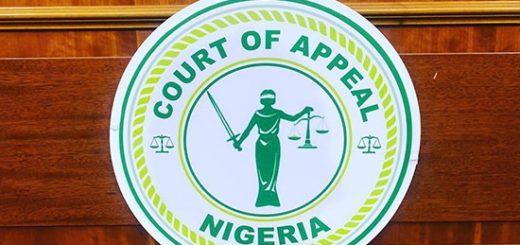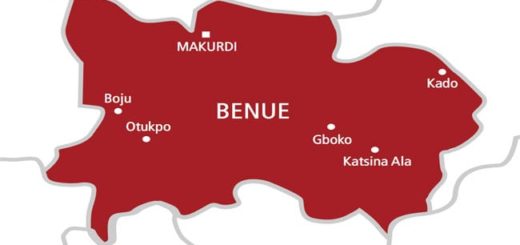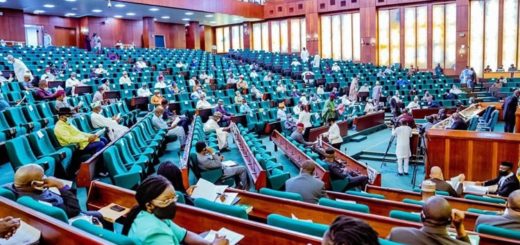Sagay to Tinubu: Stop naira float immediately , The currency is very weak
Itse Sagay, a senior advocate of Nigeria (SAN), says President Bola Tinubu must “urgently” stop the floating of the naira as a way of addressing the economic challenges in the country.
The naira tumbled to an all-time low of N1,900/$ at the official market on Tuesday before picking up steam to close at N1,524 at the close of trading on Wednesday, while at the parallel market, it closed at N1,860.
In June 2023, as part of a series of policies to ensure economic recovery, the Central Bank of Nigeria (CBN) announced the unification of all segments of the forex exchange (FX) market into the investors & exporters (I&E) window.
The FX market liberalisation policy saw the devaluation of the naira as the ‘willing buyer, willing seller’ model was introduced.
Since the development, the FX market has continued to witness high levels of volatility, resulting in a further widening of the gap between the parallel and official rates.
The policy also worsened inflation in the country, evidenced by the skyrocketing prices of goods and services.
Speaking in a chat with TheCable on Wednesday, Sagay said the federal government should have been more circumspect in applying the recommendations of the World Bank and International Monetary Fund (IMF) on naira float and petrol subsidy removal.
“I am not an economist but I strongly believe that if the Tinubu administration had allowed local production of petrol to kick in before removing fuel subsidy, we wouldn’t have this crisis. My view is that the problem we are having today is related to fuel subsidy removal without first keying in local production and the floating of the naira,” he said.
The former chairman of the presidential advisory committee against corruption (PACAC) said IMF and World Bank recommendations are rarely adopted by developed nations.
“The IMF and World Bank are imposing their principles on us even though they themselves don’t apply it. In England, you have a National Health Service for the citizens who hardly pay anything. But here, they want us to pay for everything,” he said.
“The last time I was in the US, I wanted to use public transport. I never paid the full bus fare. My rate was subsidised because of my age. These are subsidy countries trying to eliminate subsidy from our own country. Every country the IMF and World Bank have visited and imposed their standards on, their economies have collapsed.
“So, our government needs to look at the very rigid ways they are applying IMF and World Bank prescriptions without changing them to suit our personal circumstances.
“There is no question about floating an already weak currency. The naira is a very weak currency. Why should you float it? You know that it is going to drop to the bottom of the ocean. Why should you float it? This government needs to scrap the idea of the naira float immediately. They need to cancel the idea of floating. They should take over the currency and back it up with every conceivable asset and steady it.
“They should also take over all locally produced petrol and discharge it into the market. This will bring down the cost.”
Also commenting on the issue, Tope Fasua, special adviser to the president on economic affairs (VP office), said the floating of the naira contributed to the rising cost of living.
“The economy is too fragile for that. The naira float made prices go up everywhere,” he said.
Fasua also commended the federal government for steps being taken to address the free fall of the naira, especially the ban on crypto and Binance.
“In less than two hours that the FG banned crypto and Binance, dollar dropped from N1850 to N1390. I pray this is sustainable,” he said.














